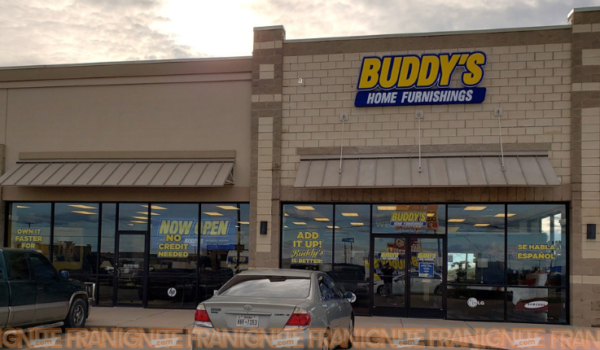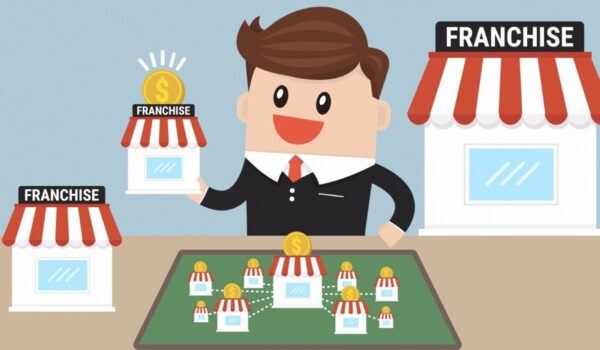In the ever-growing world of sustainability, recycling franchises are paving the way for a greener future. These businesses offer convenient and accessible recycling options for communities, but running a successful franchise hinges on efficient logistics. This “Green Mile,” the path recyclables take from collection to processing, needs to be optimized for both environmental and financial benefit. The logistical challenges recycling franchises face can follow these strategies to streamline their operations for maximum efficiency.
Challenges on the Green Mile:
-
Route Optimization: Franchise territories can encompass diverse landscapes with varying population densities. Designing collection routes that minimize travel time and fuel consumption is crucial. This involves factors like grouping collection points geographically, scheduling pickups based on bin fullness, and utilizing software programs for route optimization.
-
Collection Efficiency: The frequency of pickups and the type of collection bins used directly impact efficiency. Balancing customer convenience with operational costs requires a data-driven approach. Analyzing pickup data can reveal optimal frequencies for different neighborhoods while offering a mix of bin sizes (large for frequent recyclers, smaller for occasional ones) can reduce unnecessary collection trips.
-
Transportation Logistics: Moving collected recyclables to processing facilities involves a significant cost. Franchises need to consider factors like truck capacity, fuel efficiency, and backhaul opportunities. Maximizing truckloads by consolidating materials from different collection points or partnering with other franchises for joint transportation can significantly reduce costs.
-
Sorting and Processing: While some franchises operate their own sorting facilities, many rely on partnerships with larger processing plants. The distance to the processing facility and the efficiency of the sorting process can significantly impact costs. Franchises can explore partnerships with local processing plants for shorter haul distances and investigate innovative sorting technologies that improve material separation accuracy, ultimately increasing revenue from recycled materials.
Strategies for a Smoother Green Mile:
-
Technology Integration: Leveraging technology can revolutionize the Green Mile. Implementing route optimization software, GPS tracking for collection vehicles, and real-time bin fill level monitoring can significantly improve efficiency. Additionally, mobile apps for customer scheduling and bin location can enhance customer experience and data collection, further aiding route planning.
-
Standardized Operations: Franchises benefit from a standardized approach to collection, sorting, and communication. Developing clear guidelines for acceptable materials, bin labeling systems, and customer education materials ensures consistency across different franchise locations. This not only improves efficiency but also reduces contamination in the recycling stream, leading to higher-quality recyclables and increased revenue.
-
Community Partnerships: Local businesses can be valuable partners in optimizing the Green Mile. Partnering with schools, apartment complexes, and office buildings can provide centralized collection points, reducing the number of stops required. Additionally, collaborating with local waste management companies can lead to co-collection initiatives, further streamlining logistics.
-
Investing in Sustainability: While initial investments might be involved, exploring sustainable solutions can pay off in the long run. Investing in fuel-efficient vehicles and exploring alternative fuels like biodiesel can reduce the environmental impact and decrease transportation costs. Additionally, exploring partnerships with recycling technology companies for innovative sorting solutions can improve processing efficiency and increase the value of recycled materials.
Building a Sustainable Future:
By optimizing their Green Mile, recycling franchises can not only improve their bottom line but also contribute significantly to a more sustainable future. Efficient operations translate to a reduced carbon footprint through less fuel consumption and optimized transportation. Additionally, improved sorting and processing lead to higher quality recycled materials, which can be reintroduced into the manufacturing cycle, creating a true circular economy.
The success of recycling franchises hinges on their ability to balance convenience for customers with efficient logistical practices. By embracing technology, fostering partnerships, and investing in sustainable solutions, these businesses can ensure a smooth Green Mile, paving the way for a greener future for all.
Liked what you read? Follow us on Linkedin.
Want your franchise news to be covered? Send your Press Release.




